
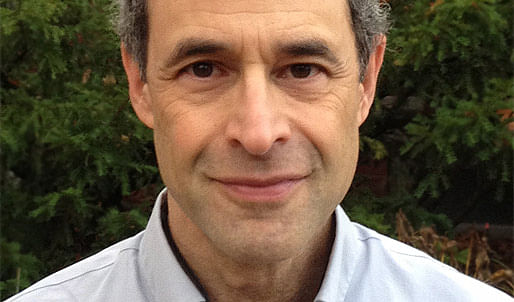
Working out of the Box is a series of features presenting architects who have applied their architecture backgrounds to alternative career paths.
Are you an architect working out of the box? Do you know of someone that has changed careers and has an interesting story to share? If you would like to suggest an (ex-)architect, please send us a message.
Archinect: Where did you study architecture?
Skip Schwartz: My educational career was a careening one. I got a diploma in sciences from Concordia University in Montreal, studied naval architecture for a year, specifically related to the design of large fishing trawlers and ice breakers, at what is now a faculty at Memorial University in St. John’s Newfoundland. (The school at the time was called the College of Fisheries and Marine Navigation.) I then took engineering for a while at Concordia University and finally got an honors architecture degree from the University of Toronto. (It seemed like I wanted to stay in school for as long as possible.)
At what point in your life did you decide to pursue architecture?
When I was studying engineering, it occurred to me that I was interested in not only the technical issues related to how things got designed and built, but the cultural issues as well. When I looked at architecture curricula and realized that the profession was a blend of technology and human relationships, I got hooked.
When did you decide to stop pursuing architecture? Why?
I actually never decided to stop pursuing architecture and I still try to stay in touch and keep my hand in the profession. I had opportunities come my way in both the business and technology sectors and it seemed to me that given we only live so long, doing different things could be both exciting and rewarding. Also, I never thought of myself as not being an architect, even when I was not actually practicing.
Describe your current profession.
I am currently the CEO of a heath care service/technology company that provides primary healthcare to people mostly on a virtual basis, using some pretty sophisticated care management software coupled with virtual physician/nurse led consultation services. I am also the on-going strategic advisor, for the last 25 years, of a very large privately managed health system in Bangkok, Thailand. This system, primarily serving Bangkok's poor, includes hospitals, clinics (both mobile and stand alone) a virtual health service, a software house, a nurse aid school and geriatric facilities.
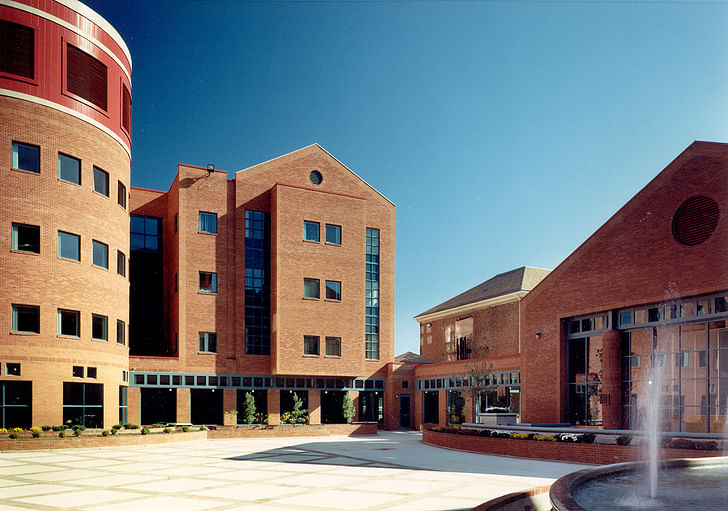
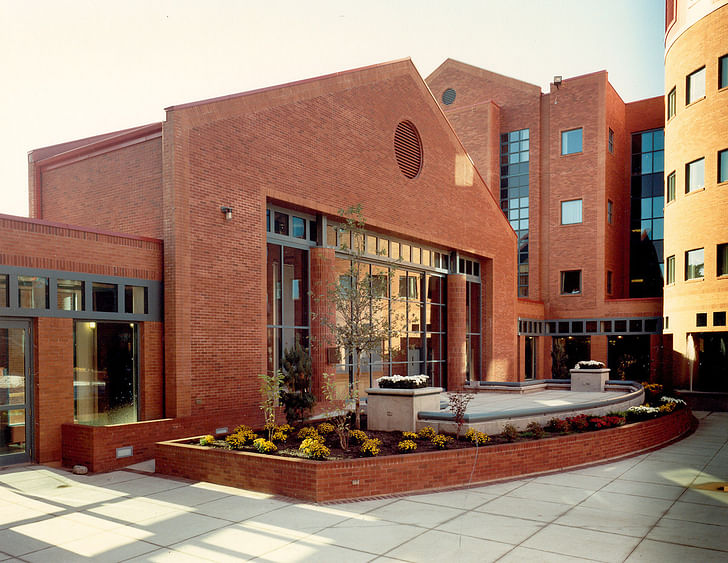
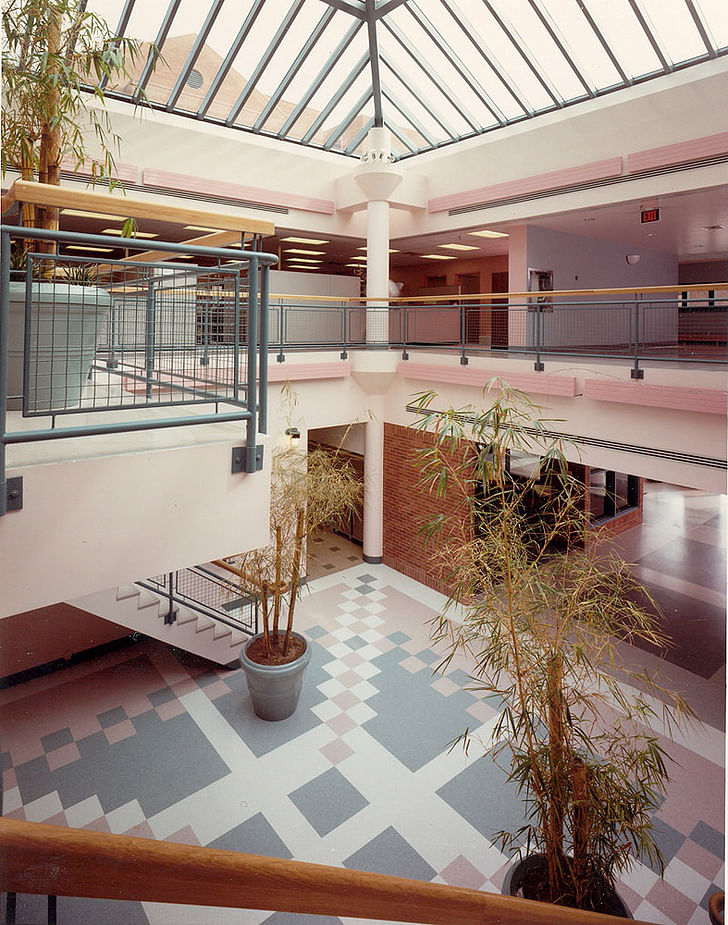
What skills did you gain from architecture school, or working in the architecture industry, that have contributed to your success in your current career?
There were two main lessons that were really important for me:
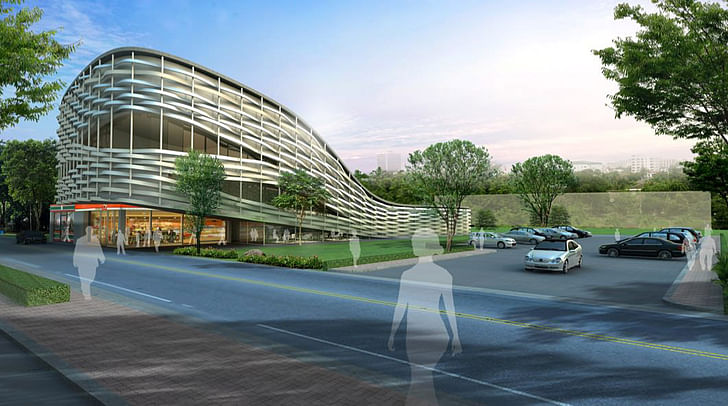
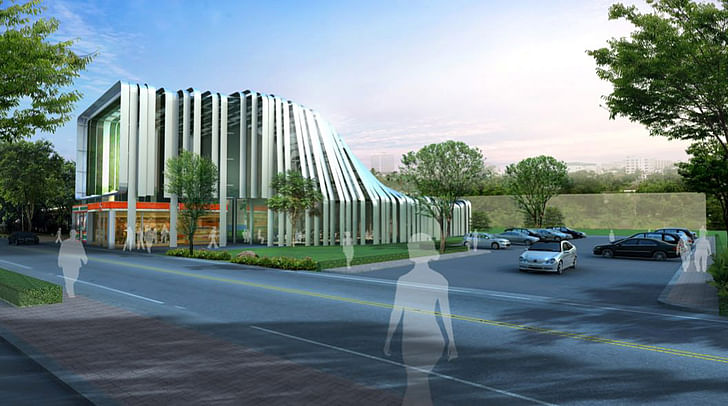

Do you have an interest in returning to architecture?
I practiced for many years and then did a startup in the mid 90’s. When we sold that business in 2002, I went back to practicing architecture full time. Then in the 2008, I was enticed into another startup, but in a way I feel like I have never stopped being an architect. I still think about it, read all the blogs I can and dabble a bit here and there. I also still do CAD drawings and renderings for my wife, who is an artist and a designer.
Follow Skip's Bangkok blog at thebangkokblog.net or thebangkokblog.tumblr.com (optimized for mobile devices).
No Comments
Block this user
Are you sure you want to block this user and hide all related comments throughout the site?
Archinect
This is your first comment on Archinect. Your comment will be visible once approved.